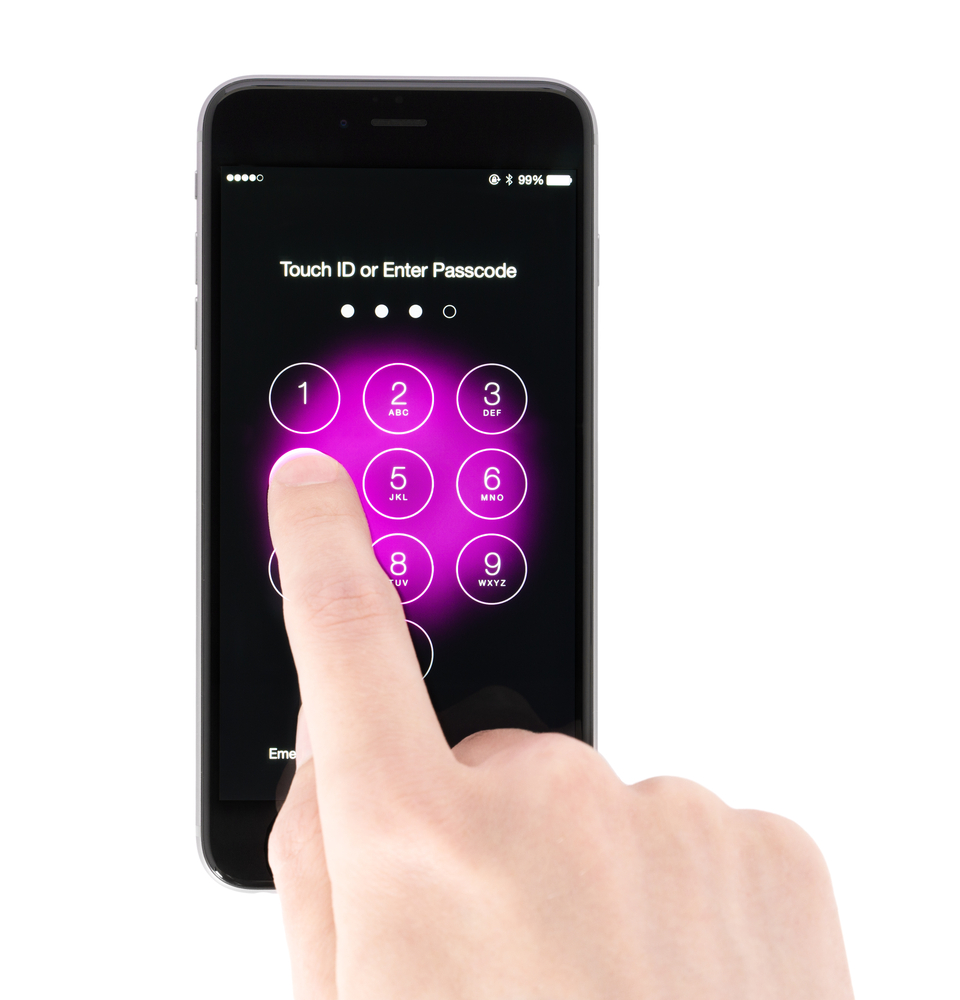
Why Apple is right to reject the order to unlock a killer's phone
Apple has been ordered by the US courts to help the FBI gain access to data on an iPhone belonging to San Bernardino gunman Syed Rizwan Farook. Farook and his wife killed 14 people in the California city late last year before being shot dead by police.
The FBI says the phone contains information crucial to the investigation, and needs Apple’s help to unlock it. Data on Apple devices is encrypted by default -- and has been since September 2014 -- which means no one, other than the device owner, can access it. And that includes Apple itself.

Julian Assange can't be allowed to hide behind the skirts of WikiLeaks to avoid answering rape allegations
Like Edward Snowden, Julian Assange is an incredibly divisive character. Just as Snowden is viewed by some as a hero for exposing the activities of the NSA, so Assange is viewed as a hero for exposing -- amongst other things -- the darker side of the US military through WikiLeaks. But both figures are also viewed as villains by those who believe that their whistleblowing has endangered national security.
While Snowden scampered off to Russia to avoid the US legal system, Assange took refuge in the Ecuadorian embassy in London. While it's certainly true that he's a man of interest for the US which ultimately seeks to prosecute him over the activities of WikiLeaks, Assange is actually holed up in the UK to escape extradition to Sweden where he faces questioning over allegations of rape. He has continually used the additional prospect of extradition to the US for WikiLeaks-related questioning as an excuse for not facing the music in Sweden. This is just about as wrong as it's possible to be.

European Court of Human Rights says websites are not responsible for reader comments
In something of a landmark ruling, the European Court of Human Rights says that websites cannot be held liable for comments left by readers. The ruling comes after a Hungarian website was sued over the content of messages left by readers.
The court said that if websites were held responsible for comments, it would constitute a breach of the right to free expression. Even in the case of 'offensive and vulgar' comments, providing nothing unlawful was written -- such as hate speech -- Hungarian news site Index.hu, and others, could not be held responsible for readers' comments.

Industry's reaction to Europe's new EU-US Privacy Shield
After months of negotiations, this week saw the European Commission (EC) announce a replacement to Safe Harbor after it was declared invalid in October 2015.
The new framework, dubbed the EU-US Privacy Shield, has been put in place to protect the rights of Europeans when their data is transferred to the United States and ensure legal certainty for businesses.
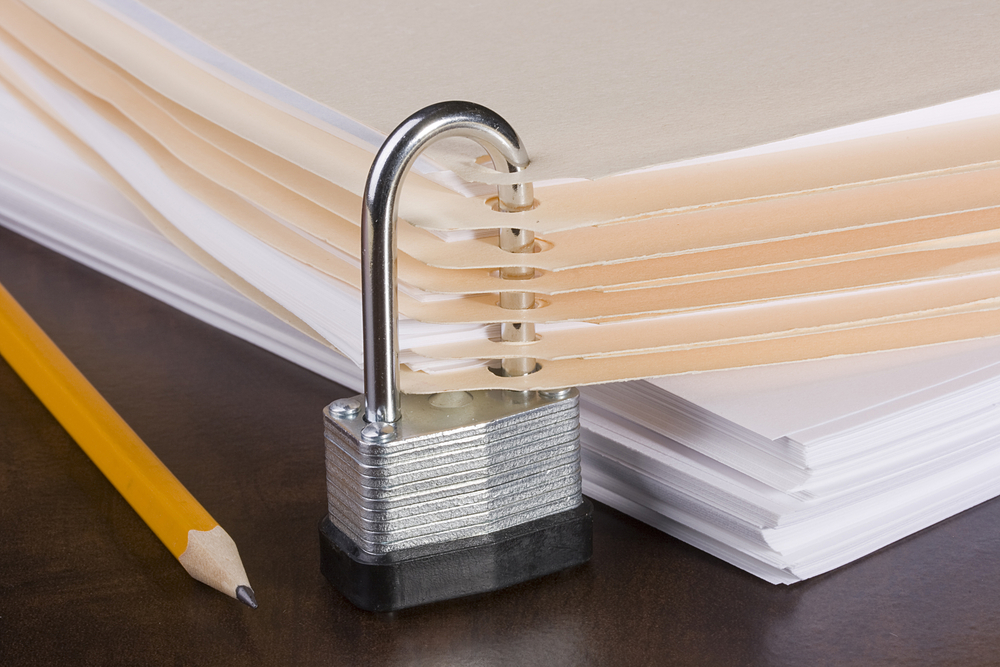
New cloud service helps organizations meet document preservation requirements
Companies increasingly face demands to keep documents in order to satisfy legal and compliance requirements. This can present problems in deciding what to keep but also in keeping up with the latest regulations.
The latest EU/US Data Transfer negotiations for example are causing businesses to re-think their current business processes and data governance strategy in order to address these changes.

The Internet of Things expected to roll out to law enforcement increasingly through 2025
The Internet of Things (IoT) seems to be everywhere these days, proliferating our lives with more gadgets than anyone can possibly need. Just yesterday we saw smart refrigerators and washing machines announced by Samsung.
But what do all of these devices mean for law enforcement? No, the police won't be checking the food supply in the station's fridge, but getting technology that will better aid them while on the move.
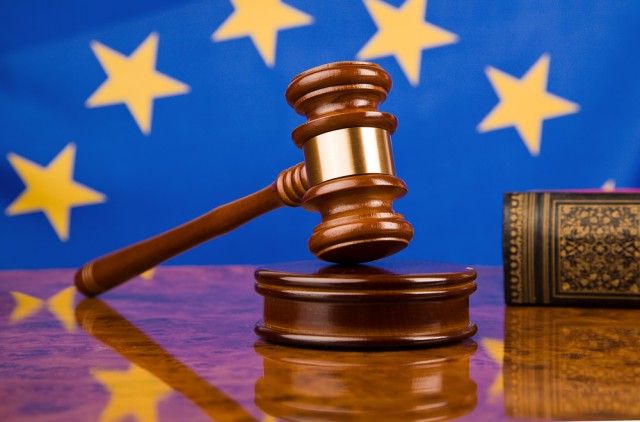
How to ensure paper records comply with EU's new data protection regulation
At the end of last year, the European Parliament and Council reached an agreement on the General Data Protection Regulation (GDPR) proposed by the European Commission.
The new rules, which will come into force in early 2018, represent the greatest change to data protection legislation since the dawn of the Internet. They will affect any organization across the world that handles data of European origin.
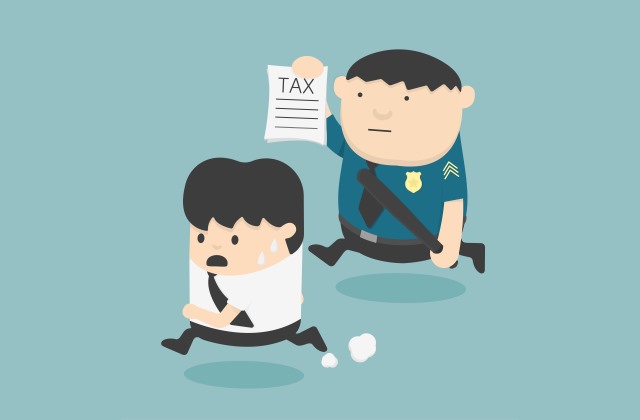
UK government working with eBay and Amazon to catch tax-evading sellers
When it comes to tax avoidance, it's usually big companies that come under the spotlight. Of course, there is nothing -- legally speaking -- wrong with tax avoidance, but it's a very different story with tax evasion. With eBay and Amazon providing a platform for vendors around the world, it is perhaps little surprise that the retail sites are home to a large number of tax evaders.
An investigation by the Guardian found that there are a huge number of overseas sellers who fail to pay VAT in the UK. HM Revenue & Customs is currently looking into whether eBay and Amazon could be held responsible for the tax bills, or what could be done to track down offenders.

Kim Dotcom faces extradition to US from New Zealand
Kim Dotcom, the founder of MegaUpload and Mega, could be extradited to the US where he faces charges of copyright infringement. Dotcom is also wanted by US authorities for money laundering and racketeering, and a New Zealand court has ruled that his extradition can go ahead.
The German national's Auckland home was raided by New Zealand police four years ago after the FBI closed down his file-sharing site in the US because it had been used to illegally share music and movies. Kim Dotcom has proved to be a polarizing character -- much like Edward Snowden -- viewed by some as a spokesperson for a free internet, and as an out and out villain by others.
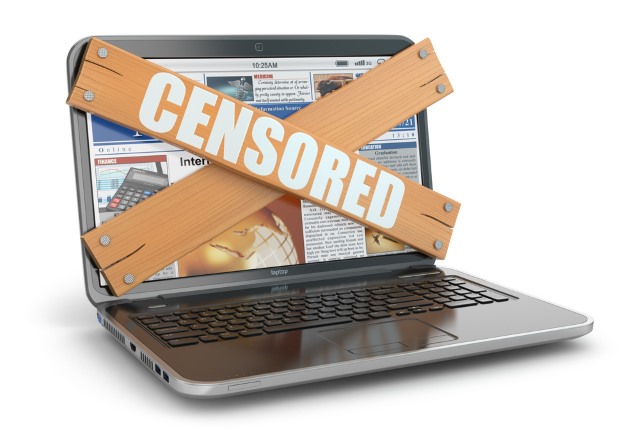
New HTTP 451 error indicates pages have been blocked or censored
It's not every day that a new HTTP error code is introduced -- there are, after all, a limit to the number that could possibly be needed -- but it may not be long before you encounter a 451 error. The code has been made a new standard by the Internet Engineering Task Force (IETF) to indicate when sites have been taken down for legal reasons.
Described as an 'HTTP Status Code to Report Legal Obstacles', it is hoped that 451 errors will introduce a new level of transparency about sites that have been killed by governments or law enforcement agencies. In some ways it is an extension of the 403 (Forbidden) error, but it provides a little more information as to why a particular site cannot be accessed.

EU signs its first cyber-security rules
European legislators have reached an important agreement, as they sign first cyber-security rules for the Union.
The rules, comprised in the Network and Information Security Directive have, among other things, asked tech giants such as Google and Amazon to be more open and transparent about their security, as that will help protect EU’s essential infrastructure, such as air and road traffic control systems and the electricity grid, from cyberattacks.
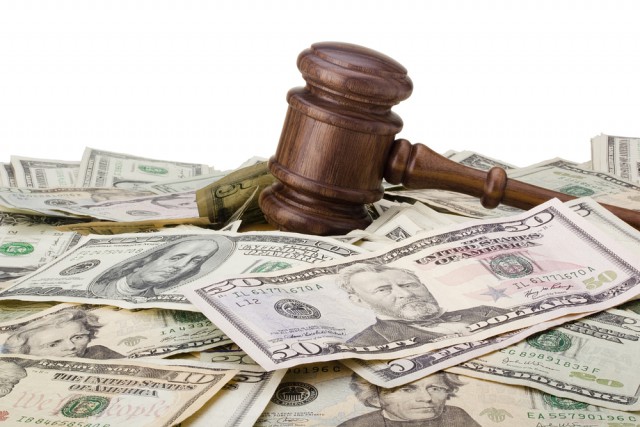
Global companies expecting fines over new EU data rules
A new report has revealed that around 52 percent of global companies expect to be fined for non-compliance with the upcoming General Data Protection Regulation (GDPR), a new ruling within the European Union.
The study commissioned by SaaS provider Intralinks and conducted by analyst firm Ovum showed that, this, too, is the average response among top nations such as UK, US, and Germany, where, 53 percent, 58 percent and 62 percent respectively may face a fine.
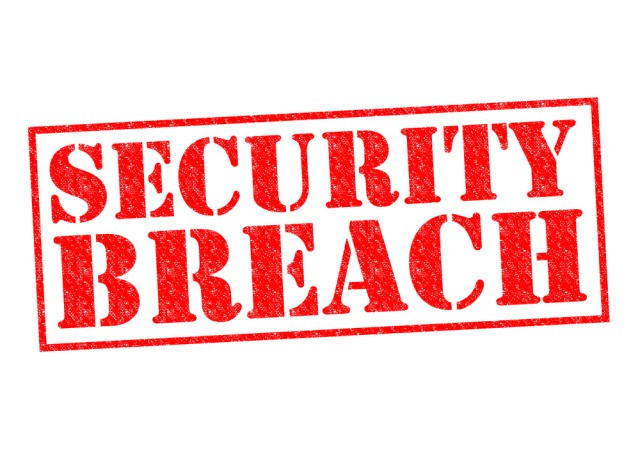
How to disclose a security breach
The days and weeks after a major security breach can be trying, even for veterans of the security field. Chaos inevitably erupts as the organization attempts to assess and contain the damage. Often far down the list of priorities is the disclosure of the breach, but this can be one of the most critical steps for an organization to get right.
It is vital for financial reasons, to the recovery of the brand and for the viability of the company. It is not an easy task when customer’s personal information has been stolen. The reaction from customers is almost always the same: swift and highly critical of the organization and how it manages the aftermath.
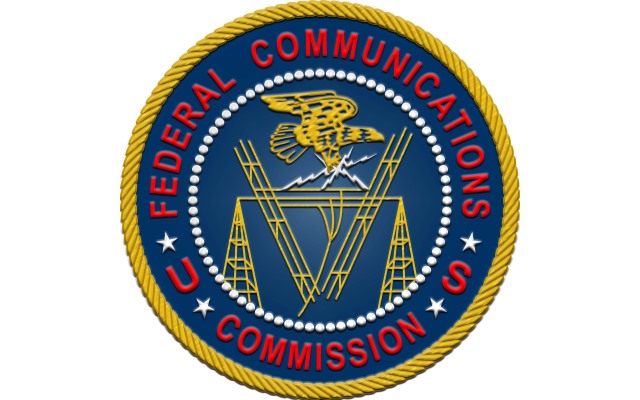
Net neutrality on trial: judges hear lawsuits against FCC
The Federal Communications Commission finds itself in court today, as the hearing gets underway to determine the legality of net neutrality rules. A total of 10 lawsuits have been brought against the commission by a number of cable and telecoms companies.
Earlier in the year the FCC banned service providers from creating internet fast lanes that could have been used to give those willing to pay for it a faster service, or to offer certain types of traffic preferential treatment. This could be the hearing that decides once and for all whether the idea of treating all web traffic equally is a workable option.
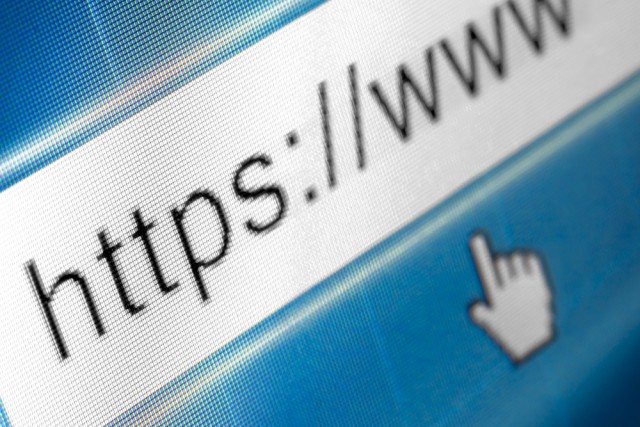
Patent troll claims HTTPS ownership, lawsuits ensue
Ah, don’t you love the smell of patent trolls in the morning?
In the latest news regarding these wonderful creatures, it was unveiled this week that a Texas company called CryptoPeak Solutions has sued basically everyone, everywhere, for using the HTTPS protocol.
